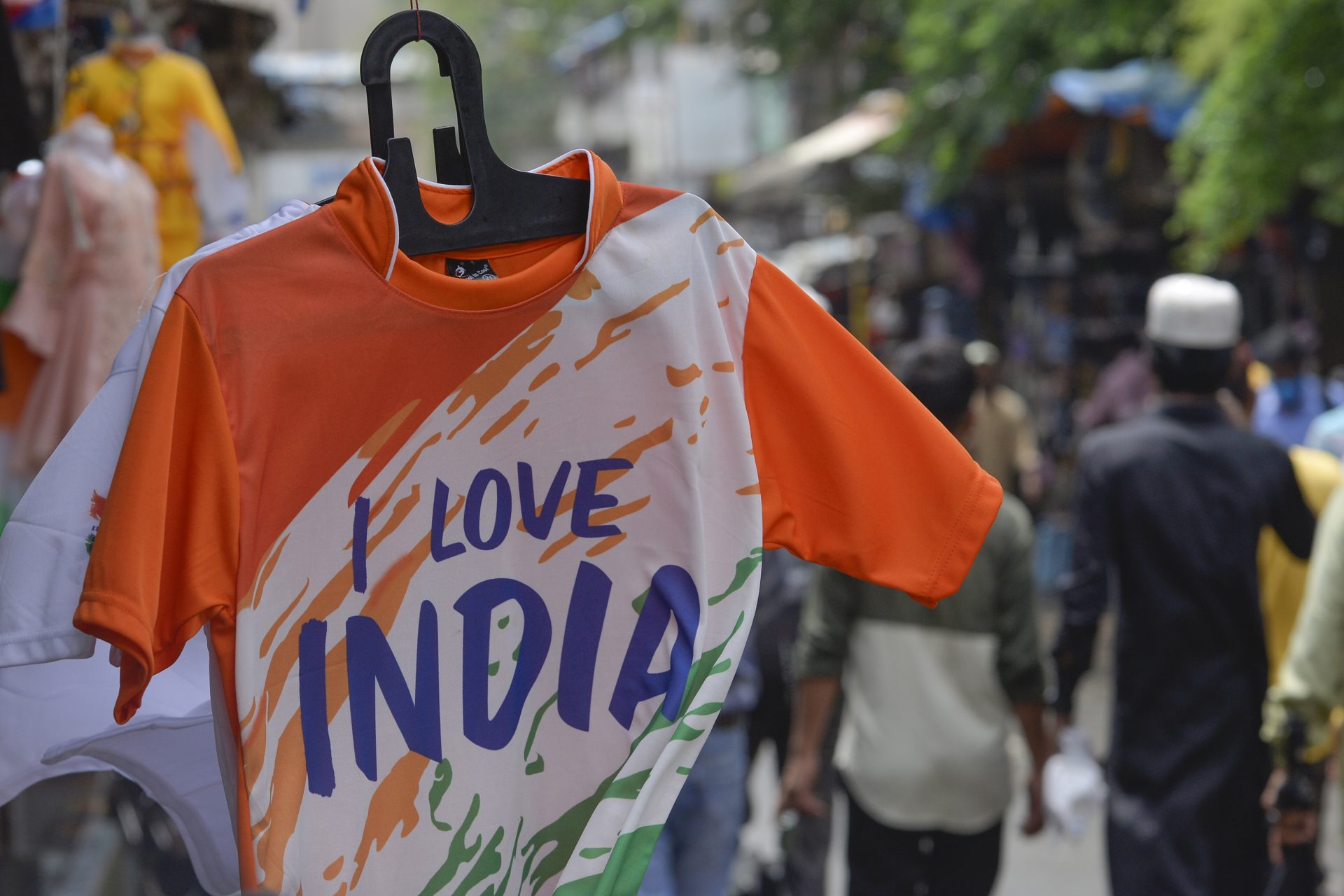As another “Ninth August” slips into history and perhaps into oblivion (as some would certainly like it to be), it is important that we bask in the significance of the day and what it holds in store for all and particularly for the journey ahead. This reflection therefore is about the past, present and future – three tenses all encapsulated into one reality.
The day is pregnant with meaning and hopefully, it will continue to be so. There are several anniversaries on this day that we have much to learn from.
Eighty years ago, in 1942, Mahatma Gandhi and our other freedom fighters launched the “Quit India Movement” that brought us our independence. That very day Edith Stein (St. Teresa Benedicta of the Cross) was killed by the Nazis in the gas chambers of Auschwitz.
In 1945, three days after the atomic bombing of Hiroshima, Nagasaki was also destroyed by another deadly atomic bomb.
On “World Indigenous Peoples Day,” we remember our Adivasi sisters and brothers and their relentless struggle for identity, dignity and justice. Jai Adivasi!
It is also the Ashura in Muharram — day of atonement, prayer, fasting and mourning for our Muslim sisters and brothers.
If there is one word that becomes the common denominator for the day is the word “Freedom.”
“Freedom!” It was a loud, unequivocal clarion call given by Mahatma Gandhi. On 8 August 1942, at the Bombay session of All India Congress Committee, he introduced the resolution to start a “Quit India Movement.” The resolution was unanimously passed at that historic meeting.
Later, Gandhi gave a fiery speech at Mumbai’s Gowalia Tank Maidan (today known as August Kranti Maidan), which marked the launch of the “Quit India Movement.” He said, “There is a mantra, a short one that I give you. You imprint it in your heart and let every breath of yours give an expression to it. The mantra is ‘do or die.’ We shall either be free or die in the attempt.”
The next day on 9 August, the “kranti” began. Thousands were out in the streets vociferously demanding that the British leave India immediately and unconditionally. Most of the leaders, who belonged to all strata of society, were arrested (the same thing is happening today).
On expected lines, the “sanghis,” who belonged to the Rashtriya Swayamsevak Sangh (RSS) (founded in 1925), were conspicuous by their absence. None of them actually wanted the British to leave. There is plenty of historical evidence to show how they pandered to and “toed” the line of their British masters. Sadly, these are the very same people who have seized power and rule the country today with their fascist approach.
The people of India cry out in one voice for the fascists and those who are attempting to destroy the sanctity of the country to “quit India” (many of their children and relatives are any way happy studying and are settled abroad!) so that the citizens who truly love the country may enjoy their “Freedom.”
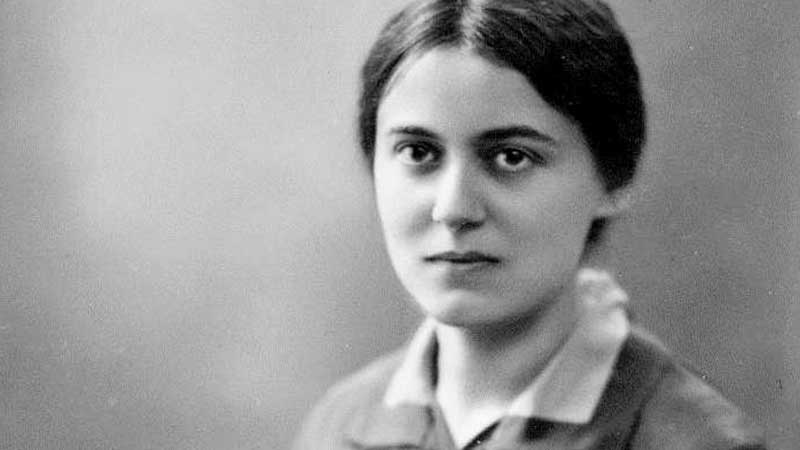
“Freedom!” That’s what epitomized Edith Stein. She was a brilliant German philosopher who was born on 12 October 1891 in an orthodox Jewish family. In her early years, she was an agnostic, a seeker of the truth. Although Edith Stein had been brought up religiously by her Jewish mother, at the age of 14 she “had consciously and deliberately stopped praying.” She wanted to rely exclusively on herself and was concerned to assert her freedom in making decisions about her life. At the end of a long journey, she came to the surprising realization: Only those who commit themselves to the love of Christ become truly free.
This woman had to face the challenges of such a radically changing century as our own. Her experience is an example to us. Finally, at the age of 30, in full freedom she embraced Catholicism in 1922. Twelve years later she imitated Saint Teresa by becoming a Carmelite, taking the name Teresa Benedicta of the Cross. She campaigned publicly on issues relating to women’s rights and education.
Stein is known philosophically primarily for her phenomenological work on empathy and affectivity and her philosophical anthropology. In 1942, she was arrested by the Nazis from her Carmelite Monastery in the Netherlands, taken by a cattle train to the concentration camp in Auschwitz and killed in the gas chamber on 9 August 1942.
Presiding at the Eucharist celebration in a Carmelite monastery in Auschwitz today, Cardinal Michael Czerny, the Prefect of the Dicastery for Promoting Integral Human Development, described Edith Stein as a woman whose search for the truth characterized her whole existence. “Edith Stein exemplifies how a life spent in love can be a slow journey of opening up, of being transformed into the Son Made Man. The beautiful expression of Veritatis Splendor (Splendour of Truth) can be applied to her pilgrimage as a woman, a philosopher, a pedagogue, a contemplative, a Saint. “In one word “Freedom!”
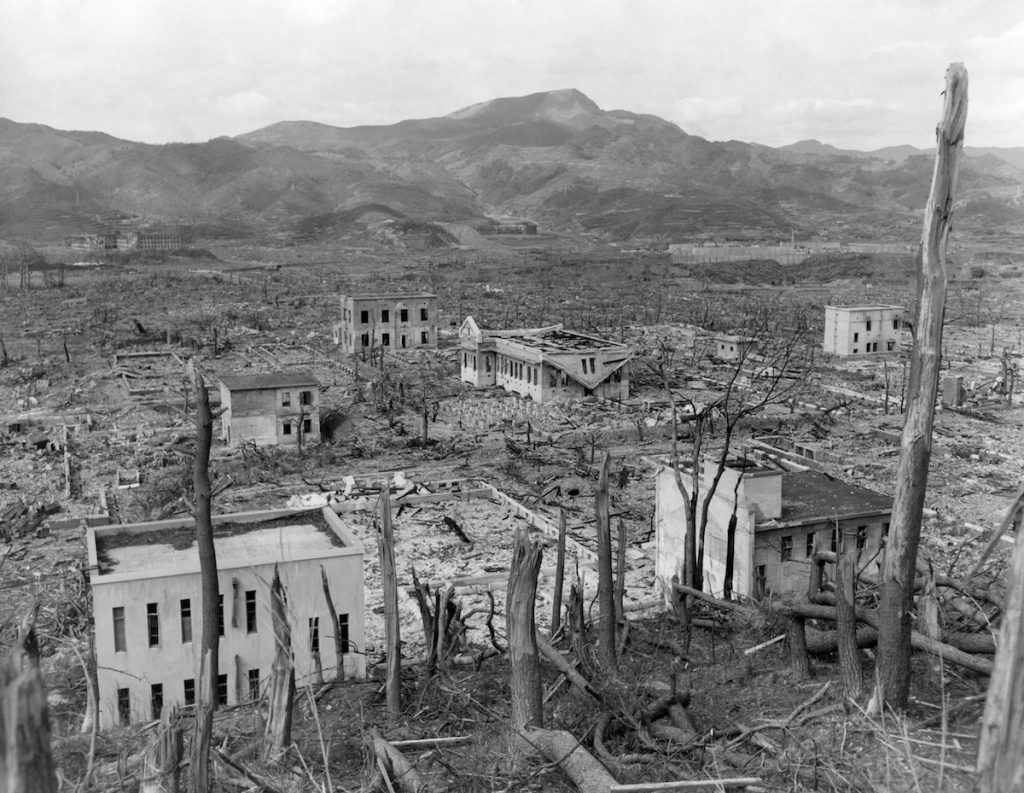
“Freedom!” A cry of suffering that can be heard from Nagasaki even today. In 1945, on that fateful 9 August, three days after Hiroshima was razed to the ground with the terrible nuclear bomb, the port city of Nagasaki met with the same inhuman tragedy. It was not on the original list of cities, that were meant to be bombed by the US and their allies. It was apparently a last minute inclusion. Being a shipbuilding center, it was the very industry intended for destruction. The bomb was dropped at 11:02 a.m., 1,650 feet above the city. The explosion unleashed the equivalent force of 22,000 tons of TNT. The hills that surrounded the city did a better job of containing the destructive force, but the number killed is estimated at anywhere between 60,000 and 80,000 (exact figures are impossible, the blast having obliterated bodies and disintegrated records).
The pain, the suffering, the destruction and the death will forever remain etched in human memory. The nuclear bomb had to be abhorred. Japan soon surrendered unconditionally. World War II ended some weeks later and the world said “Never Again!” But today, the world still desperately yearns for non-violence and peace which spells “Freedom!”
“Freedom!” are what the world’s indigenous peoples have been celebrating all their lives. Today, the “International Day of the World’s Indigenous Peoples” focused on the theme “The Role of Indigenous Women in the Preservation and Transmission of Traditional Knowledge.” Indigenous women are the backbone of indigenous peoples’ communities and play a crucial role in the preservation and transmission of traditional ancestral knowledge. They have an integral collective and community role as carers of natural resources and keepers of scientific knowledge. Many indigenous women are also taking the lead in the defense of lands and territories and advocating for indigenous peoples’ collective rights worldwide.
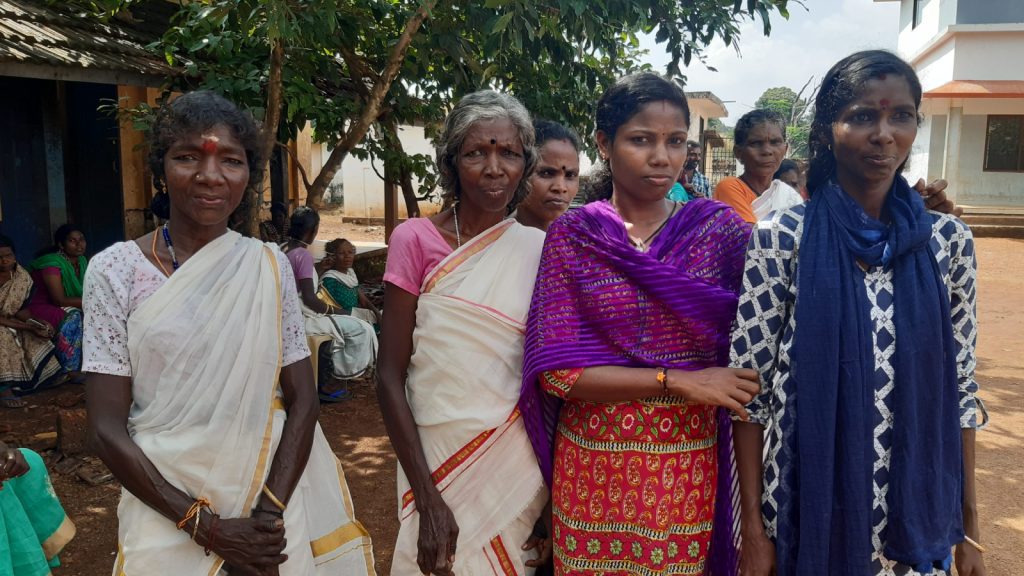
The significance of indigenous peoples’ traditional knowledge is widely acknowledged “Long before the development of modern science, which is quite young, indigenous peoples have developed their ways of knowing how to survive and also of ideas about meanings, purposes and values.”
Sadly, in India, whilst there is plenty of lip service, Adivasis are not given their legitimate rights and freedom. The late Father Stan Swamy accompanied the Adivasis in their relentless struggle for identity and dignity, for the jal, jungle aur jameen, which is systematically being denied to them by the powerful and other vested interests. The Adivasis are the original inhabitants of the land and what they demand today are their legitimate rights to live in a society based on justice, equality and fraternity and in “Freedom.”
“Freedom!” is what the first month Muharram in the Islamic Calendar is all about. The 10th of Muharram or Ashura holds great significance among Muslims. Coincidentally this year’s Ashura in India was on 9 August. For the Shias, Ashura is the date when Imam Hussain was martyred. On the other hand, the Sunnis, commemorate Ashura as the day that Allah parted the Red Sea for Moses and his followers to escape from the ruthless pharaoh. The day is normally spent in prayer, fasting, penance (sometimes in the past devotees used to flog themselves in public during the Tazia processions. Today donating one’s blood is encouraged. The fact is the day becomes important for atonement, forgiveness, and even reconciliation. All these are requisites for meaningful “Freedom.”
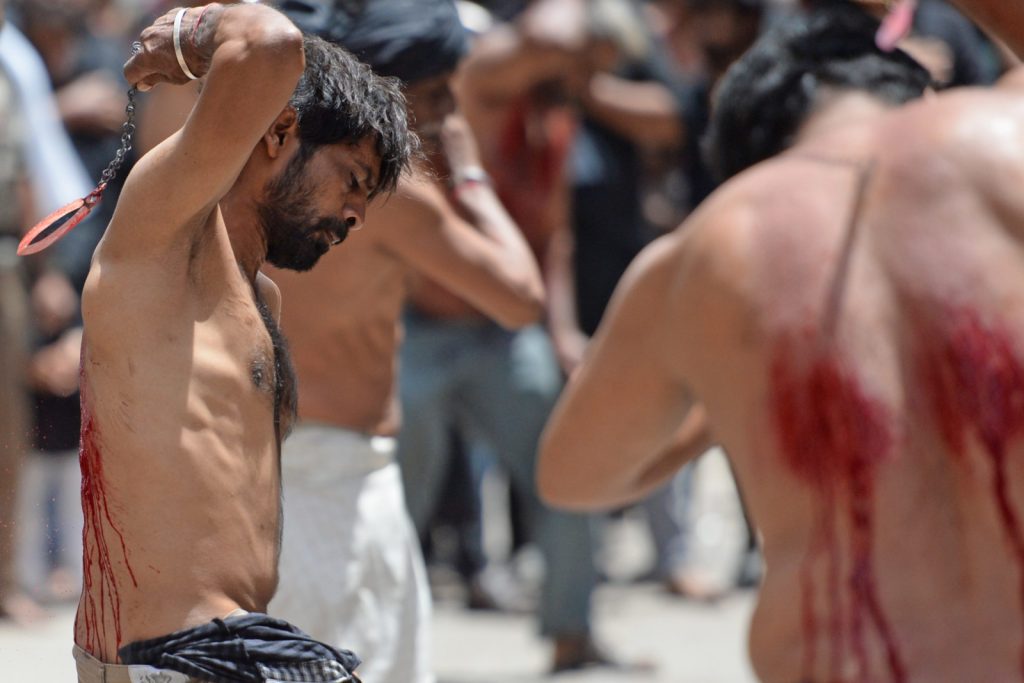
August ninth therefore, spells “freedom.” Something that became a reality for the people of India on 15 August 1947. Sadly, as we complete the 75th year of that Independence Day, this day (9 August) needs to become a motivating factor to one and all to work wholeheartedly for an India that commits itself to a society that is more inclusive, secular and pluralistic and based on truth, justice, liberty, equality, dignity and fraternity of all. A freedom that is able to internalize and actualize the motto of our nation, “Satyameva Jayate!”
Father Cedric Prakash SJ is a human rights, justice, reconciliation and peace activist/writer. Contact: [email protected]

